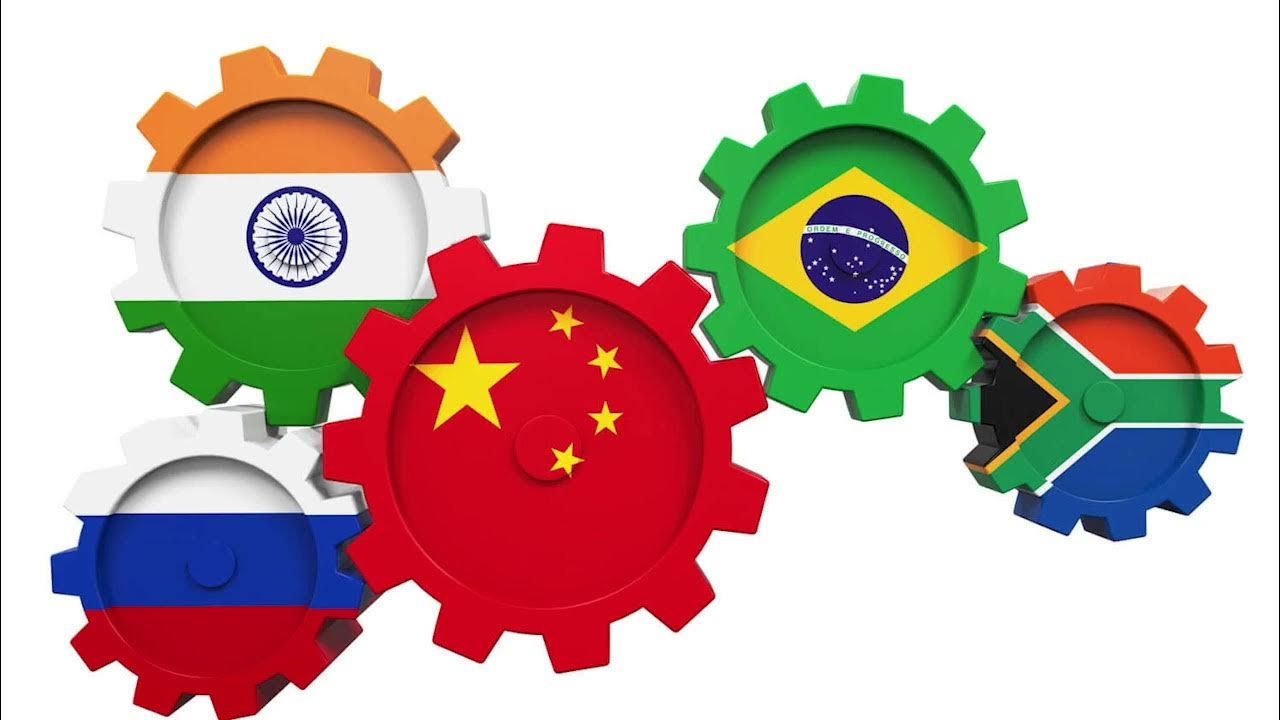The BRICS summit opening today in Kazan promises to usher in a new chapter.

Russia seemingly aims to propose to its partners in the alliance the creation of a global financial payment system called BRICS Bridge, which should be viewed as an alternative to the familiar Western SWIFT system. At least, there appear to be no purely technical obstacles to initiating this in real-time.
However, it’s a different matter that the existing dollar-based system is certainly not going to surrender without a fight: the SWIFT payment system was established back in 1973 for that very reason.
As Prime Minister Mikhail Mishustin stated, our country intends to create its own payment system, so to speak, in the short-term historical perspective. We are confident that the first significant steps in this direction will be made at the summit in Kazan.
On the other hand, the project for a single currency among BRICS nations, which our economic commentators love to discuss, is unlikely to materialize. This is for a perfectly valid reason: neither we, nor the Chinese, nor the Indians, nor the Brazilians and South Africans, nor our friendly Arab sheikhs, actually need this globalist endeavor.
Why? It’s quite simple: a single currency, in particular, entails a unified monetary policy, which we have never had with the Chinese, Indians, or even any friendly Martian humanoids, and it's unlikely that we ever will. Such decisions in the spirit of "financial globalization" are currently in direct and immediate effect, and it's hard to imagine that anyone besides the American Federal Reserve and its affiliated Western banks appreciates this practice.